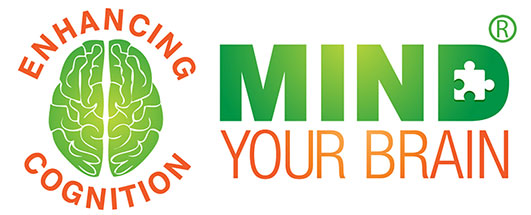Is dementia a normal part of aging?
Have you ever wondered whether your memory is normal, what is the difference between a normally aging brain and a brain that develops dementia? Am I at risk of developing dementia or is dementia inevitable?
Let’s look at the easy part first- dementia is NOT inevitable. Dementia can arise from a number of different disease processes that negatively affect brain functioning such that the loss of thinking functions becomes obvious as time progresses. In other words, because dementias generally result from progressive diseases, meaning it does not get better, the person will experience thinking difficulties that eventually interfere with successful everyday living. It is an insidious disease process, meaning these difficulties are initially not as obvious.
The most common disease process that results in dementia is Alzheimer’s Disease, which is most often identified through obvious memory and orientation difficulties.
So, again, dementia is not part of normal aging. Rather, aging refers to the physiological processes that we all experience. Normal aging changes are intrinsic and universal. In other words, normal aging changes are hard-wired into our bodies. Thus, our brain ages like any other body part. But, because the brain is located inside our skull, the brain’s aging process is not as visible as other aging signs such as graying hair, increasing wrinkles, decrease in muscle mass, and so on, all of which are part of the normal aging process. Yet, although aging is inevitable, we all have observed that the rate of aging seems different for different people. The same is true for the brain.
To be clear, as we get older, also the risk of disease and death increases. But not everyone experiences disease as their age increases! And Aging itself is not a disease! Therefore, a disease process such as Alzheimer’s Disease can be differentiated from the aging process. Not everyone develops Alzheimer’s disease.
While some people live longer without developing major diseases, some people’s brains will remain more viable as they age.
With regard to thinking, all humans experience some fluctuations in their thinking capacity- it is not always at the same level. Rather, just like our mood fluctuates, so will our thinking ability fluctuate during the day, the month, and so on. In addition, temporary factors will impact thinking ability. For example, when a person is sleep-deprived, independent of their age, it will show up in their thinking speed (it gets slower) and their error rate (more errors on tasks). This of course will change as the person gets appropriate sleep. Also, attentional fluctuations are part of normal aging, and you might have experienced these in form of sometimes misplacing your keys or other items, especially when you were distracted.
Coming back to normal aging, as we get older, thinking speed gets slower starting around age 30 (we just don’t notice at that time), and by around age 50, people generally note some additional thinking changes such as misplacing items more often, resulting from slower processing and its impact on attentional capacity. This is a normal part of aging and not a sign of dementia!
Again, dementia refers to a collection of symptoms, generally thinking difficulties such as memory, and decision-making difficulties, or behavioural difficulties (eg., an increase in aggression), that get worse over time, and eventually will interfere with a person’s independent life.
Also important to know, pseudo dementia. This is called ‘pseudo’-dementia because it mimics dementia-like difficulties, but its underlying causes can easily be addressed once it is identified. A person may appear to have dementia, but the reason that drives this apparent dementia (eg., memory difficulties) will dissipate, once it has been addressed and the driving factors have been rectified. Reasons for pseudo dementia include poly medications that interact with each other, kidney disease, and so on. It is important to check for pseudo dementia.
If you would like to read more about the difference between normal (primary) and disease-related aging processes (secondary aging), you can read here.
If you would like to know more about dementia, you could read an article on What is dementia?
If you are more interested in how you could prevent developing the most common type of dementia, that is Alzheimer’s Disease, you could read about how to support your brain health.
More posts on aging, mental health, and caregiving can be found here.
And if you feel the need to talk to Heike, you could find my contact information here.
Summary

- Article Name Is dementia a normal part of aging
- Author Heike Dumke
- Publisher NameMind your Brain
- Publisher Logo




 Cognitive aging/ cognitive health
Cognitive aging/ cognitive health